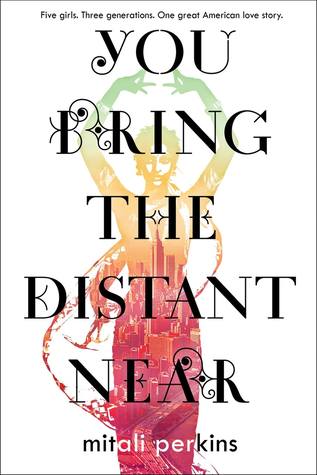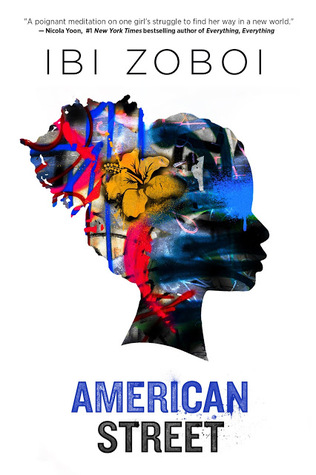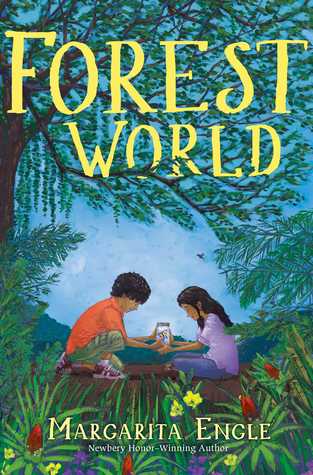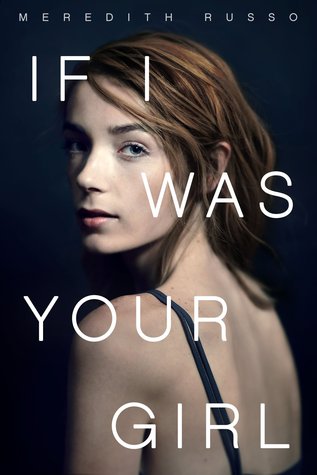Starting with the matriarch, Ranee Das in the 1960s, we experience three generations of Bengali women as they  assimilate, having moved from India to Ghana to London to New York and beyond, in Mitali Perkins’ “You Bring the Distant Near” (2017). The novel includes fathers and spouses, but the story centers on each of the five complex, flawed, interesting women and her narration. Sister love is a strong component, but there’s also mother/daughter relationships, father/daughter relationships, and romances.
assimilate, having moved from India to Ghana to London to New York and beyond, in Mitali Perkins’ “You Bring the Distant Near” (2017). The novel includes fathers and spouses, but the story centers on each of the five complex, flawed, interesting women and her narration. Sister love is a strong component, but there’s also mother/daughter relationships, father/daughter relationships, and romances.
At the outset, we meet Ranee’s teenaged daughters, Tara and Sonia. In 1970s London Tara samples identities, first as the super model Twiggy, but when the family moves to New York she chooses an American persona. Sonia who craves reading and writing, becomes a feminist. It’s beautiful the way the sisters, who are so different from one another, act as a team as they navigate a new world together. We see each grow to womanhood and find a spouse. Their choices are vastly different leading to vastly different lives. Sonia falls in love with African American, Louis—another great character.
Tara’s marriage is a surprise to the reader, but I won’t spoil it here. Tara and Sonia each has a daughter which brings us to the present day. Marriages for the five happen outside and inside their culture, giving special views into Bengali and Bengali/American customs and food.
The situations and personalities feel so authentic you wonder how autobiographical the novel is. It turns out—pretty autobiographical. The author calls it a “memoir on steroids, with freedom to fabricate.” I’m pretty sure she’s Sonia in the novel.
In the story, Sonia has a daughter, Chantal, with Louis. Chantal is smart and athletic. Tara has a daughter, Anna, who is somewhat threatened by her older cousin, but as Anna comes into her own, the cousin relationship becomes a warm supportive sister-like relationship.
Fortunately we readers can refer to the family tree drawn in the opening pages, to ground ourselves as we read about the five “hyphenated” Americans.
Each character struggles with how she fits into the framework of assimilating from one culture to another; or Chantal’s experience of being bi-racial and of mixed cultures. Always the strength of the family serves as solid ground for the individual issues that each woman experiences. There is much more peace and harmony than conflict in this story, yet I was drawn to find out how things unfold, rather than what unfolds.
The character most transformed from beginning to end is the matriarch, Ranee Das. She is one of five great characters, but the secondary characters are also deftly drawn. I’d particularly liked to have known Baba, Sonia and Tara’s father and Ranee’s husband.
Patricia Hruby Powell is author of the young adult documentary novel Loving vs. Virginia and Josephine: The Dazzling Life of Josephine Baker talesforallages.com






